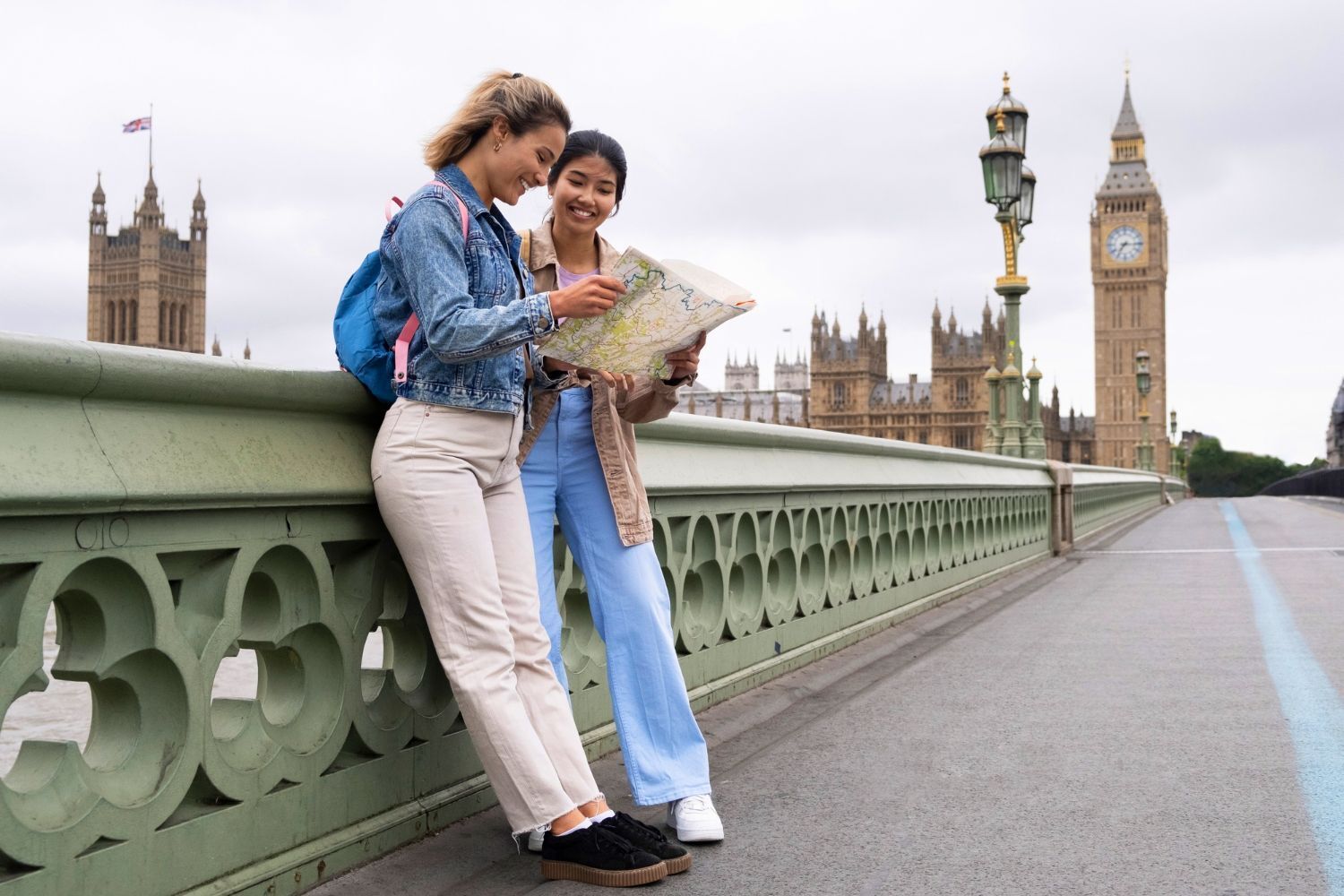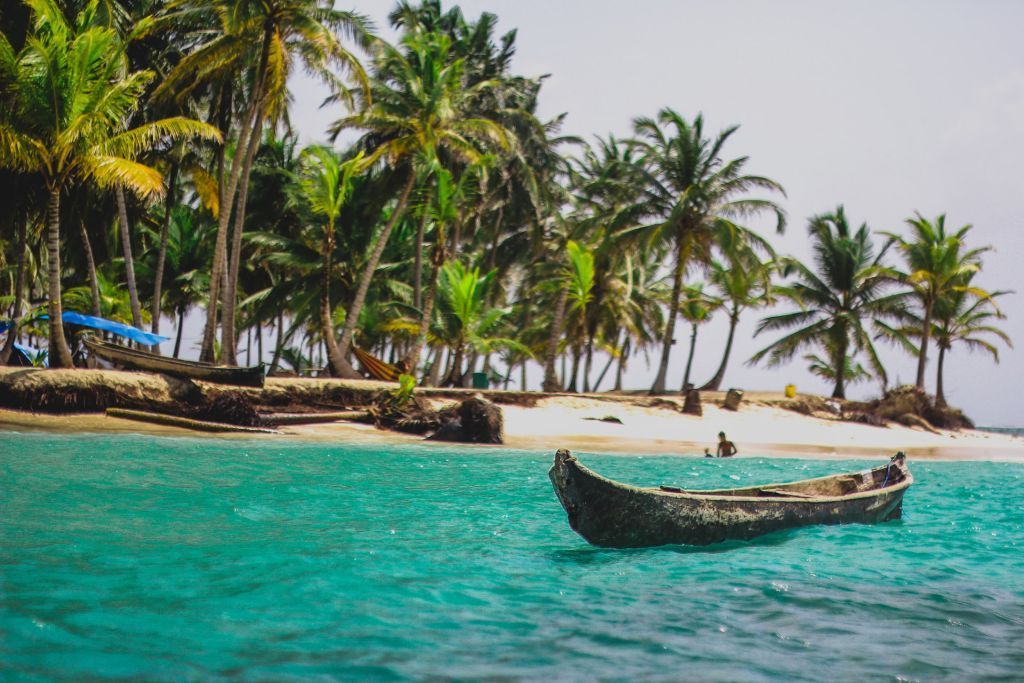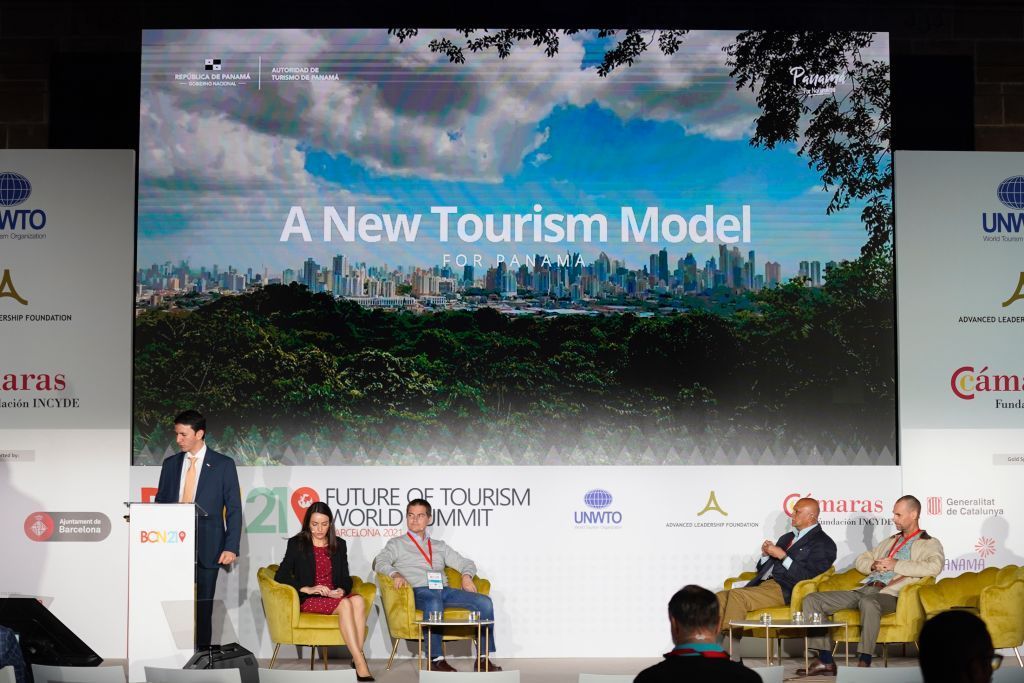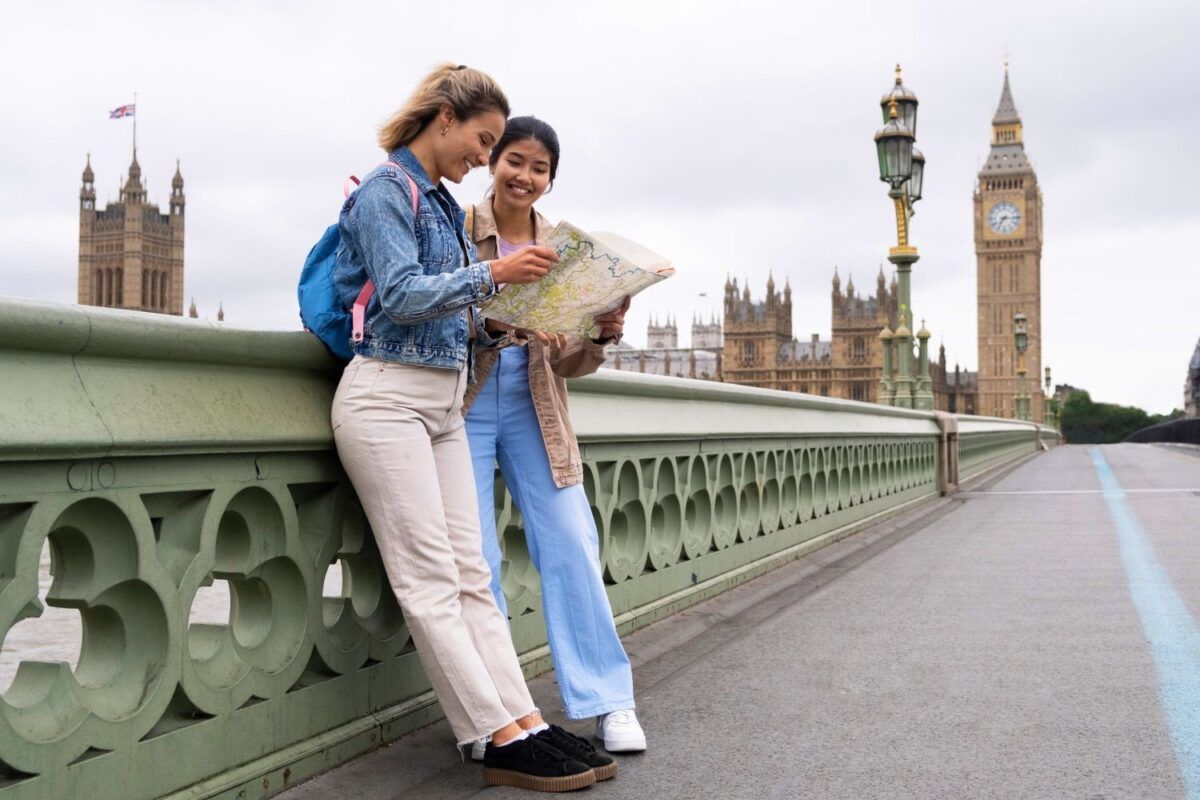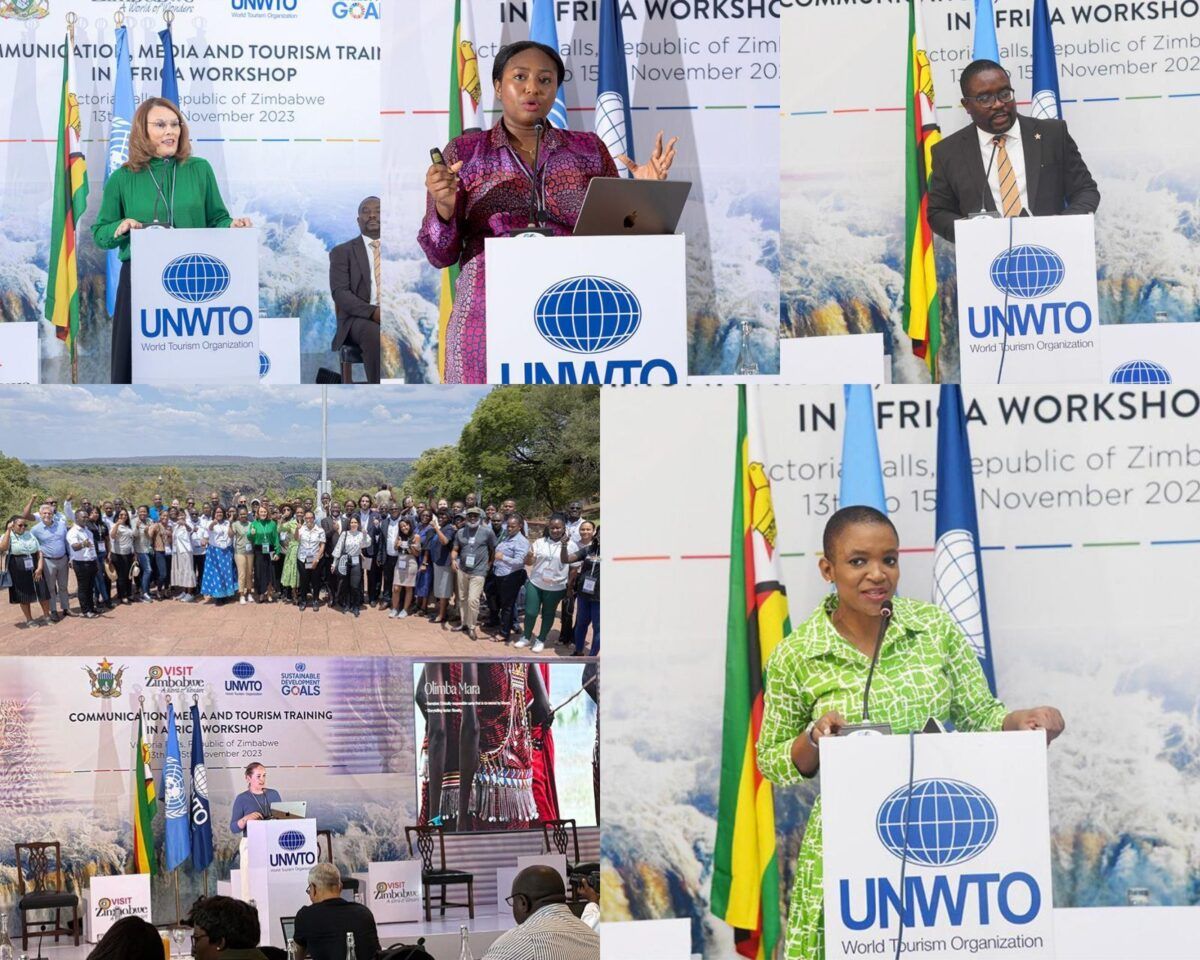Accessible tourism can be a game-changer for destinations around the world as they look to bounce back from the impacts of the pandemic.
A new set of Inclusive Recovery Guides from the World Tourism Organization, produced in partnership with the European Network for Accessible Tourism (ENAT), the ONCE Foundation of Spain and Travability from Australia, makes clear the importance of placing inclusivity at the centre of recovery plans and provides key recommendations for achieving this.
Launched on the International Day of Persons with Disabilities, the UNWTO Inclusive Recovery Guide – Socio-Cultural Impacts of COVID-19: Issue I Persons with Disabilities, draws on the expertise of UNWTO’s Ethics Culture and Social Responsibility Department and its partners. While much progress has been made, the publication makes clear that persons with disabilities and seniors encounter barriers preventing them from fully enjoying tourism experiences, even more so during the pandemic. Now, as UNWTO leads the restart of tourism globally, this guide outlines steps that governments, destinations and companies should take to build back better, becoming more inclusive and competitive.
Accessibility as a priority
UNWTO Secretary-General Zurab Pololikashvili said: “Tourism environments and services are often designed without considering the different access requirements that visitors and locals may have. The tourism sector must prioritize accessibility. This can be a real game changer for destinations and businesses, helping them recover from the crisis and grow back in a more inclusive and resilient way.”
Highlighting the potential benefits for more accessible destinations, the publication notes that, by 2050, one in six people worldwide will be aged 65 or over, rising to one in four in Europe and North America. Furthermore, data shows that the average spend of tourists with disabilities in Spain, for example is in excess of 800 euros, compared with just over 600 euros for tourists without disabilities.
Recommendations for inclusive recovery
The recommendations advocating for accessibility during the recovery of tourism insist on six main action areas:
- Assistance in a crisis: Including accessibility during every stage of repatriation, which requires the backing of destinations and disabled peoples’ organizations (DPOs)
- Adaptation of protocols: Follow UNWTO guidance on adapting general health and safety protocols, considering that customers may have different abilities and requirements
- Inclusivity in post-pandemic tourism: Including the effective use of data to guide decisions on accessible tourism planning and adjusting accessibility policies and strategies to reflect post-COVID realities
- Accessibility in business planning: Treating accessibility as a competitive advantage, improving customer service, and the application of harmonized international standards to enhance quality of life for all
- Staff training and inclusion: Extending professional training to better cater for tourists with different abilities, and ensuring equal opportunities in the tourism workforce
- Innovation and digital transformation: Embracing innovation to make travel and tourism safer, smarter and easier for all
The guidelines reflect UNWTO’s ongoing commitment to inclusive tourism, enshrined within The UNWTO Framework Convention on Tourism Ethics, calling on signatories to facilitate tourism for persons with disabilities. This publication is also the first one in a planned series of thematic briefs from UNWTO’s Ethics, Culture and Social Responsibility Department, in its intent to provide guidance to our sector.
UNWTO and partners are asking administrations, destinations and companies, which have successfully incorporated accessibility in their mitigation measures, to share their stories through the questionnaire “Accessible Tourism Champions”, also launched.


